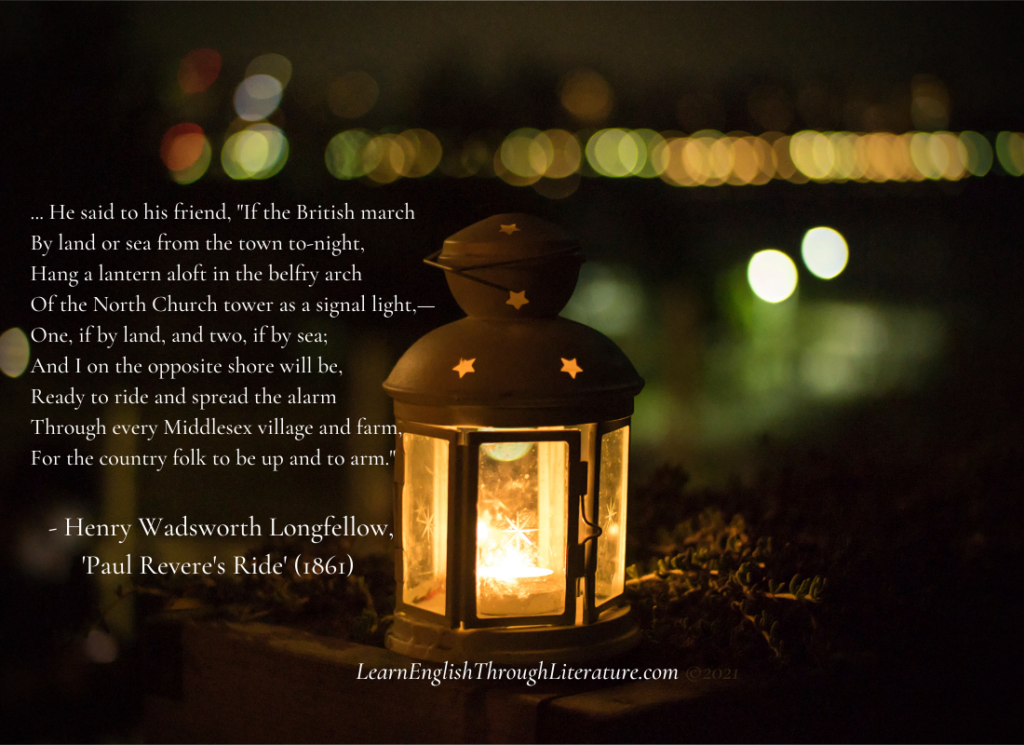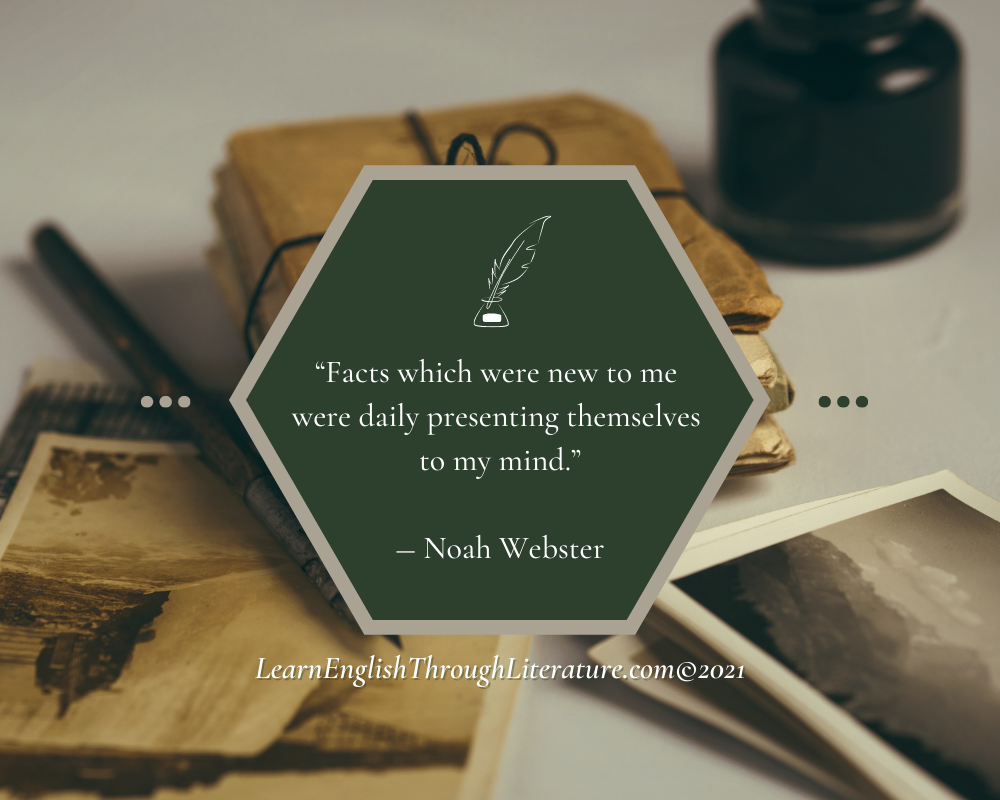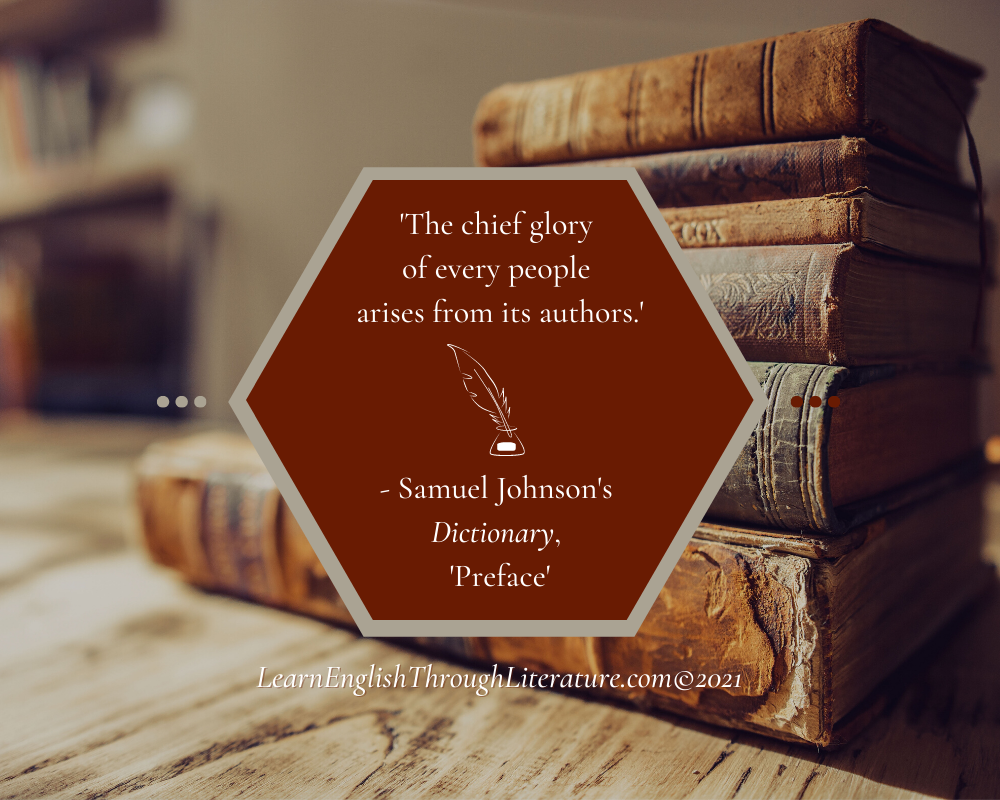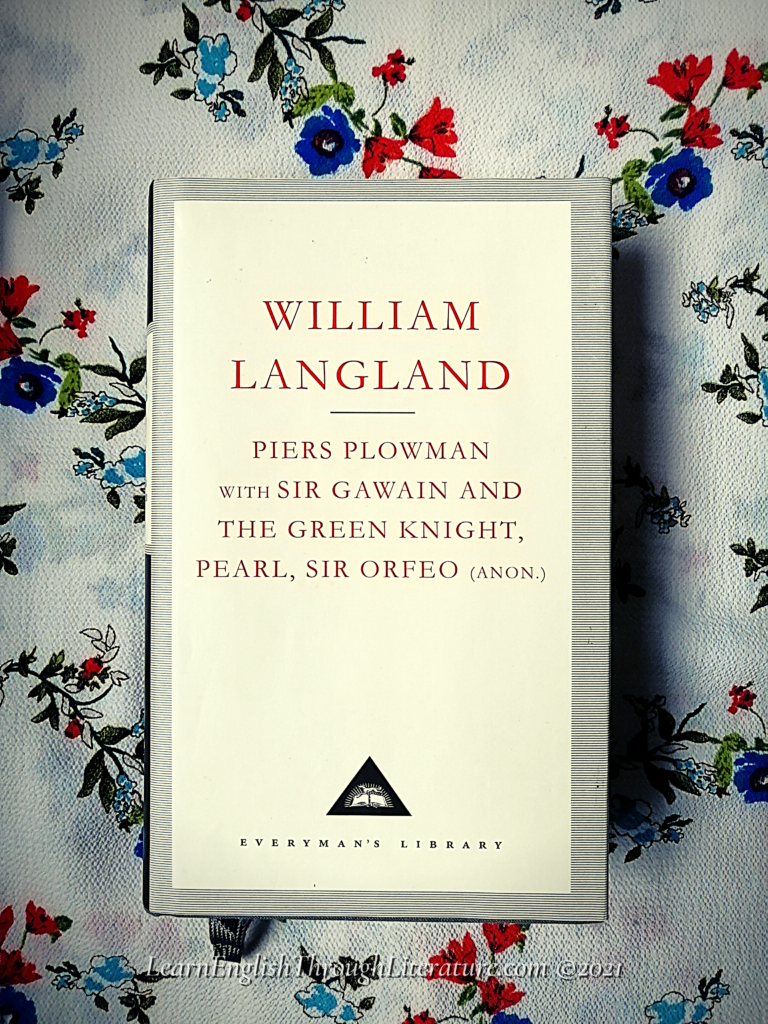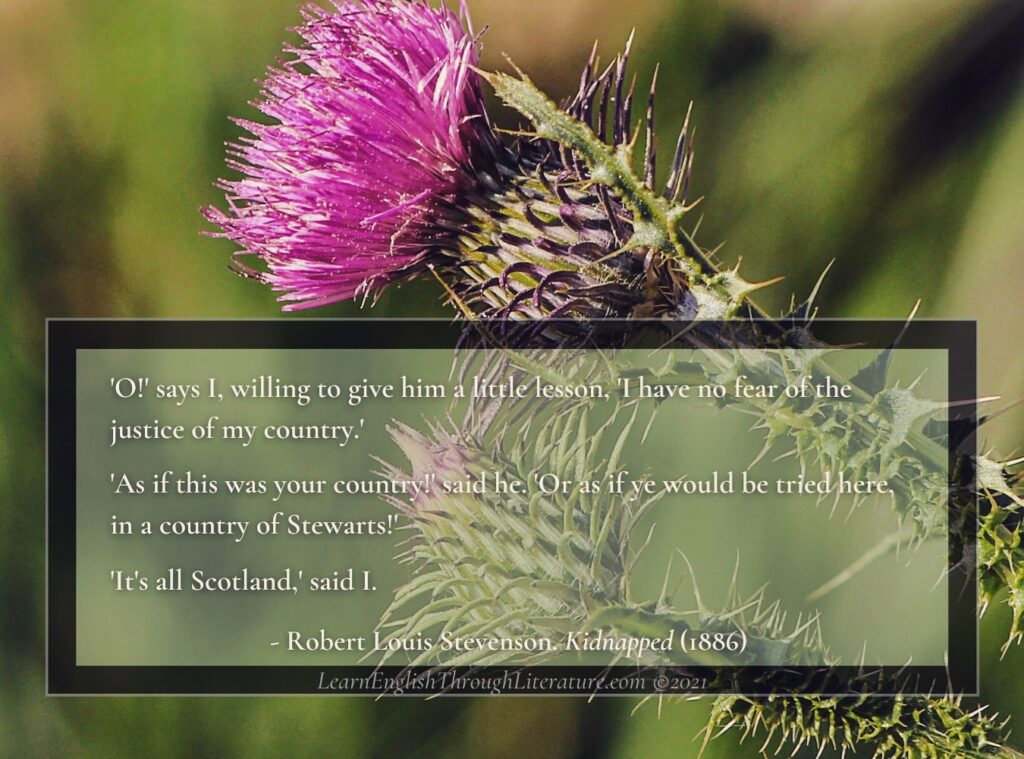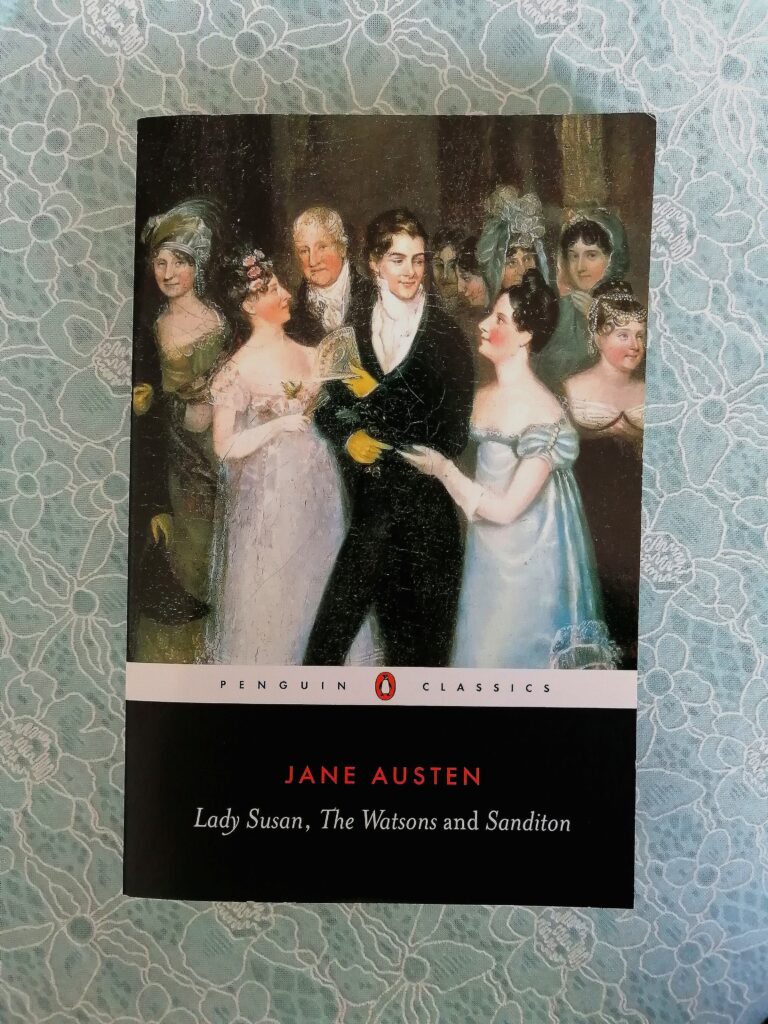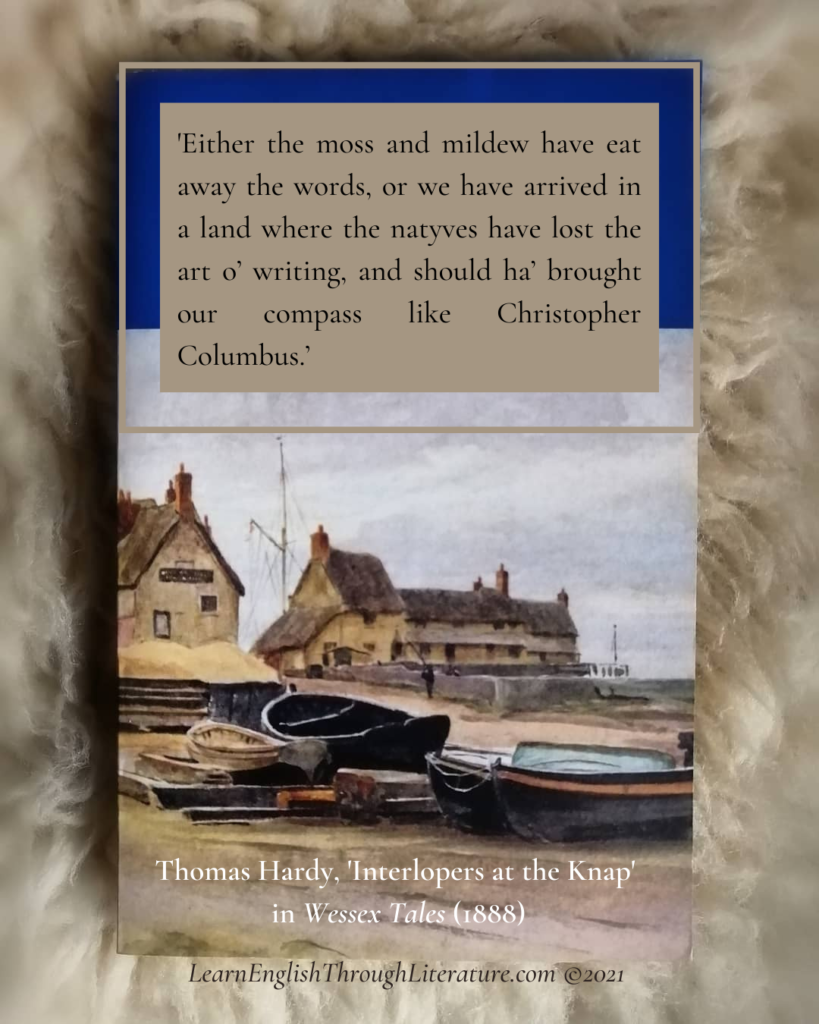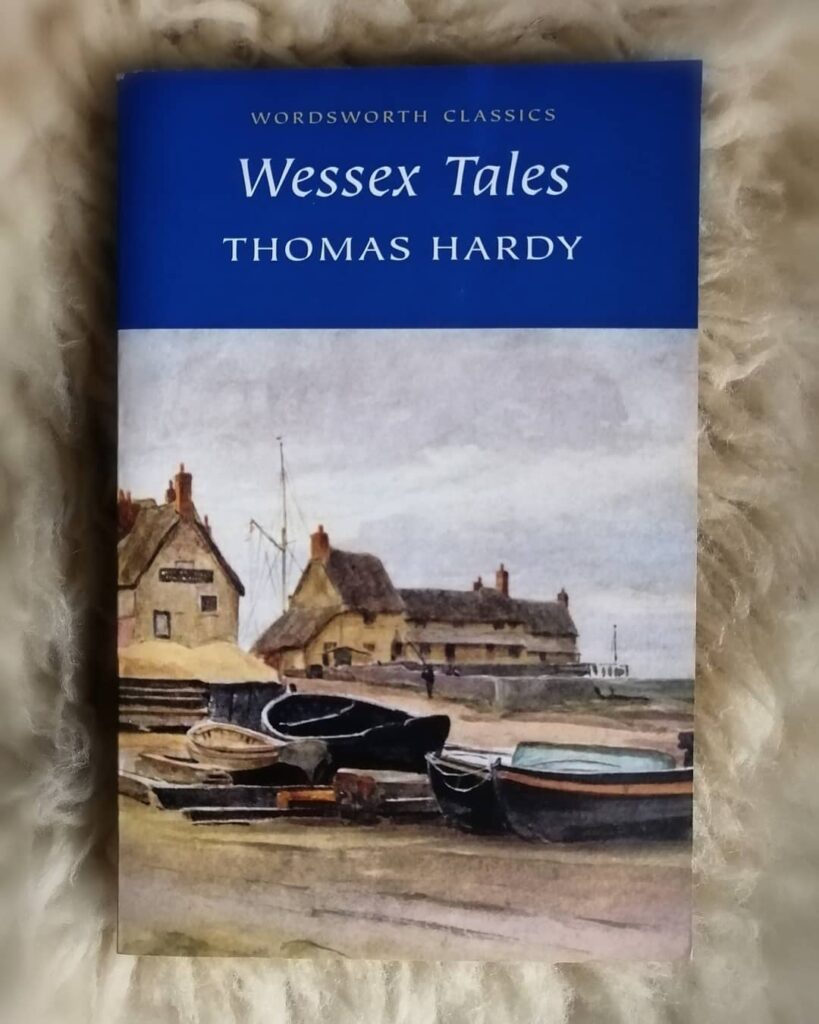Lesson #187: ‘Paul Revere’s Ride’: How a Poem by Longfellow Tells a Story from American History
Listen, my children, and you shall hear Of the midnight ride of Paul Revere, On the eighteenth of April, in Seventy-five; Hardly a man is now alive Who remembers that famous day and year … – Henry Wadsworth Longfellow, ‘Paul Revere’s Ride’ (1860) It may be that your experience with reading poetry goes back to […]

